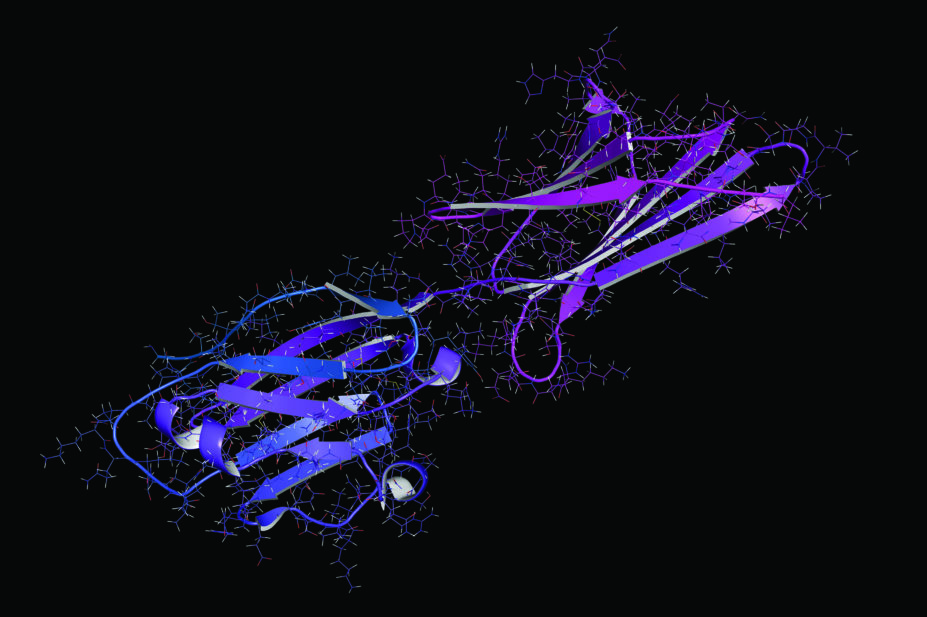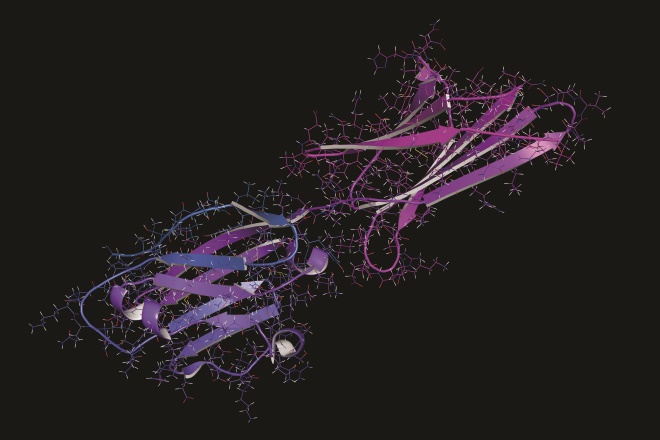
Shutterstock.com

Source: Shutterstock.com
Cancer patients being treated with a specific type of immunotherapy may be at greater risk from adverse events after the annual influenza injection, a small study showed.
Cancer patients being treated with a specific type of immunotherapy may be at greater risk from adverse events after the annual influenza injection, research suggests.
A small study presented at the European Lung Cancer Conference in Geneva[1]
on 26 April 2017 found that in 23 patients receiving PD-1/PD-L1 checkpoint inhibitors, the flu vaccine was associated with a higher than average rate of immune related side effects.
This is particularly concerning for those patients with lung cancer who are at risk of complications from influenza because of their condition if they were to remain unvaccinated, the researchers said.
The most common immune-related adverse events reported were skin rashes and arthritis (13% each), followed by colitis and encephalitis (8.7% each), hypothyroidism, pneumonitis and neuropathy (4.3% each).
In all, half the patients (52.2%) reported some immune related adverse event with 6 patients (26.1%) experiencing severe symptoms.
The researchers said the study is the first to hint of a possible contraindication to flu vaccination in this subgroup of patients.
While more work is needed to calculate the risks seen in this preliminary study in a larger population, the researchers said the results raise concerns that the vaccine may be triggering an exaggerated immune response in patients receiving immune checkpoint inhibitors.
Study leader Sacha Rothschild, from University Hospital Basel, department of medicine in Switzerland, said: “Although the observed rate of [immune related adverse events] in our cohort is alarming, we believe that there is a particular concern for severe complications of an influenza infection including pneumonia and respiratory failure for patients with lung cancer under immunotherapy because of concomitant structural lung disorders.”
He added some patients had previous surgery to remove portions of their lungs making them particularly vulnerable.

Source: Shutterstock.com
Blockers of the programmed death-ligand 1 (PD-L1) protein (pictured above), have been linked with adverse effects from the flu jab in cancer patients
“When weighing benefit and potential risk of seasonal influenza vaccination for patients undergoing single-agent PD-1 or PD-L1 blockade – particularly those with lung cancer – we currently advise a case-by-case decision until we have results from larger cohorts,” he said.
Most patients in the study (16 out of 23) had non-small-cell lung cancer but it also included four patients with renal cell carcinoma and three with melanoma.
All were currently receiving the PD-1/PD-L1 inhibitor nivolumab, except for one who was receiving pembrolizumab.
Anna Perman, senior science information manager at Cancer Research UK, said the study shows the need for more research to understand the interplay between cancer, our immune system, and immunotherapies.
“It adds more detail to this picture, by hinting that checkpoint inhibitors in particular might interact dangerously with vaccines.
“As the researchers highlight, the study was in just 23 people so the findings need investigating in larger studies.”
She added: “Our advice for any cancer patient undergoing treatment is to talk to their doctor before having a flu jab, based on existing evidence that treatments like radiotherapy, chemotherapy and immunotherapy can interfere with the action of the vaccine.”
References
[1] Rothschild S, Balmelli C, Kaufmann L et al. Immune response and adverse events to influenza vaccine in cancer patients undergoing PD-1 blockade abstract presented at ELCC 2017, Geneva, 25 April 2017.


